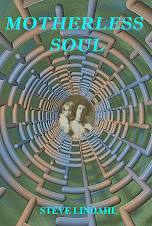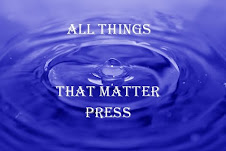 The Soldier's Wife by Margaret Leroy
The Soldier's Wife by Margaret LeroyMy rating: 5 of 5 stars
At first I thought The Soldier's Wife was going to tell a story that would be a lot like the David Lean film Ryan's Daughter, because both are about forbidden love during a war. But Margaret Leroy's book takes a few turns along the way. It's about love of family as much as it is about romantic love and dealing with the risks that occur when the two types of love conflict. It's also about duty and compassion. The plot has tension and romance and is set in Guernsey, one of the channel islands off the coast of Normandy. The time frame is World War II, when Germany took over the island.
One of the interesting aspects of this novel is the story of how Vivienne has to deal with the normal problems of raising a family while the war puts extra burdens on her. She has two daughters, Blanche, a teenager and her much younger sister, Millie. She is also living with her mother-in-law, who is suffering from dementia. The case is mild at first but grows worse as the story continues. Vivienne's husband is away fighting against Germany. She doesn't have his help, but it doesn't sound as if he was much help before he went off to war. Blanche is starting to like boys when many of them are the young German soldiers occupying the island, so that presents a complication. Meanwhile, Millie has the naivete of a child, but is forced to grow up quickly. Both daughters love their mother, but can rebel at inopportune times.
Margaret Leroy makes Guernsey sound like a beautiful place, one I would like to visit sometime – when there's no war there. Vivienne keeps a garden, picks berries in a nearby field, and travels everywhere by bicycle. The descriptions reminded me of Bermuda. There are a few situations that seem unbelievable at times, but overall the story rings true and Vivienne is someone I can care about. I think this is a great read for people who like World War II novels with interesting settings.
Steve Lindahl – author of Motherless Soul and White Horse Regressions
View all my reviews








